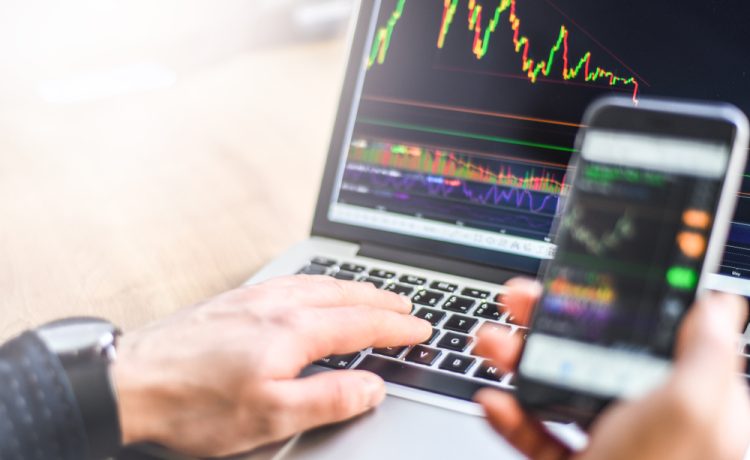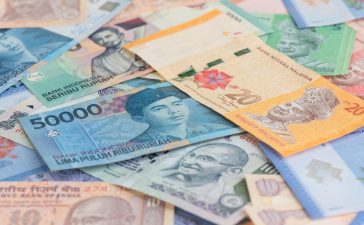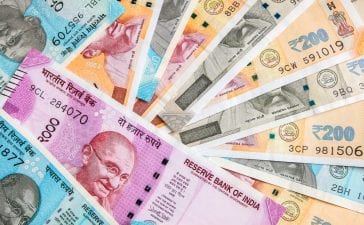S&P/ASX 200 edged up 0.66%, Nikkei rose 0.18%, CSI300 index was 0.06% higher, while the Shanghai Composite Index rose 0.24%
Asian shares traded cautiously on Tuesday, with investors weighing China’s measures to cushion an economic slowdown and the prospect of aggressive Federal Reserve monetary policy tightening.
Investors are also bracing for a barrage of earnings that will help them assess the impact of the Ukraine war and a spike in inflation on company financials. Netflix, Tesla and Johnson & Johnson are all to report this week.
Early in the Asian trading day, MSCI’s broadest index of Asia-Pacific shares outside Japan was down 0.5% while U.S. stock futures, the S&P 500 e-minis, were up 0.2%.
Australia’s S&P/ASX 200 edged up 0.66%, as strong commodity prices lifted mining and energy stocks, while Japan’s Nikkei rose 0.18%.
China’s blue-chip CSI300 index was 0.06% higher in early trade while the Shanghai Composite Index rose 0.24%. Hong Kong’s Hang Seng index opened down 2.4%, pressured by a slump in tech giants listed in the city amid China’s latest regulatory crackdown on the sector.
The People’s Bank of China (PBOC) said on Friday it would cut the reserve requirement for all banks by 25 basis points (bps), releasing about 530 billion yuan ($83.25 billion) in long-term liquidity to cushion a slowdown.
Investors, however, felt the smaller-than-expected cut might not be enough to reverse a sharp slowdown in the world’s No. 2 economy that could significantly affect global growth.
China’s gross domestic product (GDP) on Monday beat analysts’ expectations with a 4.8% increase in the first quarter from a year earlier, while data on March activity showed weakness in consumption, property and exports affected by COVID-19 curbs.
Analysts said the key question was whether authorities would make adjustments to the tough anti-COVID-19 measures.
We expect more policy support, mainly in the form of more infrastructure investment, stronger credit growth, and easier property policy. But we do not see the government undertake ‘whatever it takes’ to achieve the 5.5% growth target, nor shift the Covid policy soon, said Wang Tao, Head of Asia Economics and Chief China Economist of UBS Investment Bank Research.





